
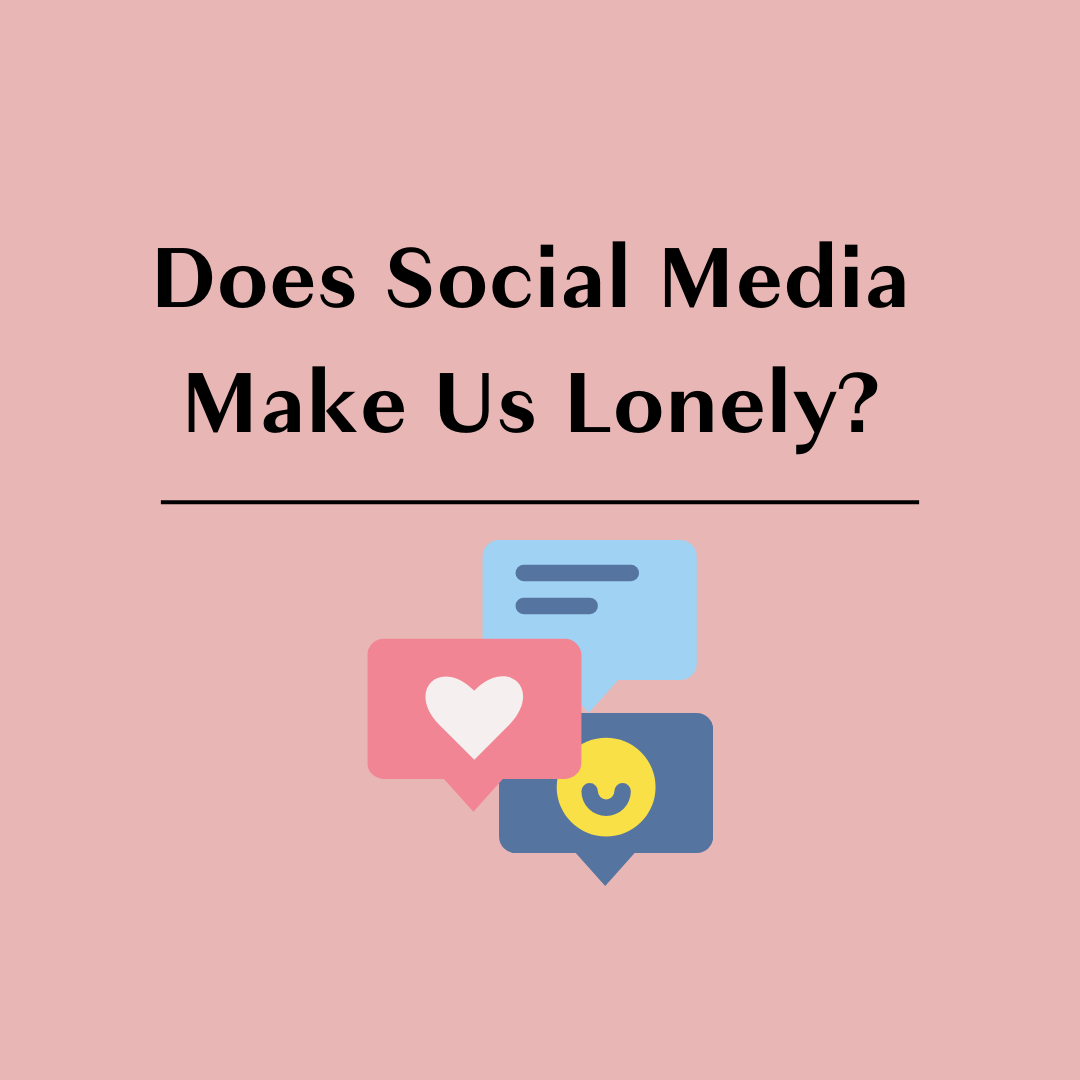
Does Social Media Make Us Lonely?
Critics of social media often claim that it is a major cause of loneliness, especially for young people. However, this is an overly simplistic view. Scientific evidence reveals a more complex and nuanced picture, showing that social media can both support and undermine social health, depending on how, why, and by whom it is used.

Healing Together: The Role of Social Support in Postpartum Depression
Postpartum depression isn’t just a personal struggle; it’s a matter of social health that involves not only individual parents, but also their infants, partners, families, and communities. Research shows that social factors, particularly social support, play a critical role in the development, prevention, and treatment of postpartum depression. By recognizing and addressing postpartum mental health as a shared, community-wide responsibility, rather than an individual burden, we can create conditions where parents don’t just survive the postpartum period but truly thrive.
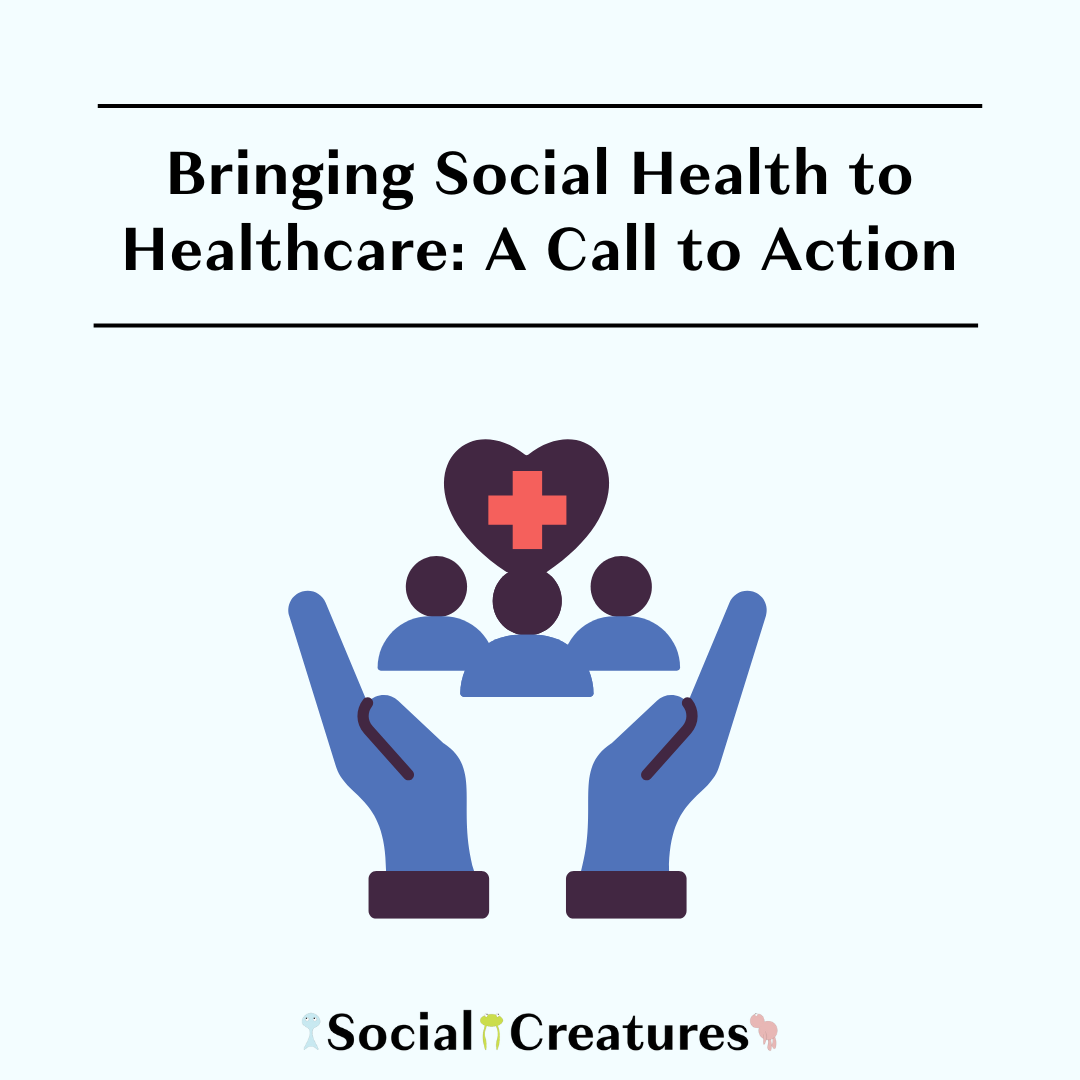
Bringing Social Health to Healthcare: A Call to Action
Social health—the aspect of overall well-being that stems from our relationships, connections, and community—is an integral component of our everyday lives. Poor social health, such as experiencing social isolation or loneliness, has significant negative impacts on both mental and physical health. Yet, despite its importance, social health is often neglected in traditional healthcare settings due to a lack of social health education, resources, and provider time. Integrating social health screenings and social prescribing into the healthcare system is a critical step toward recognizing and treating social health as an essential pillar of overall health and well-being.
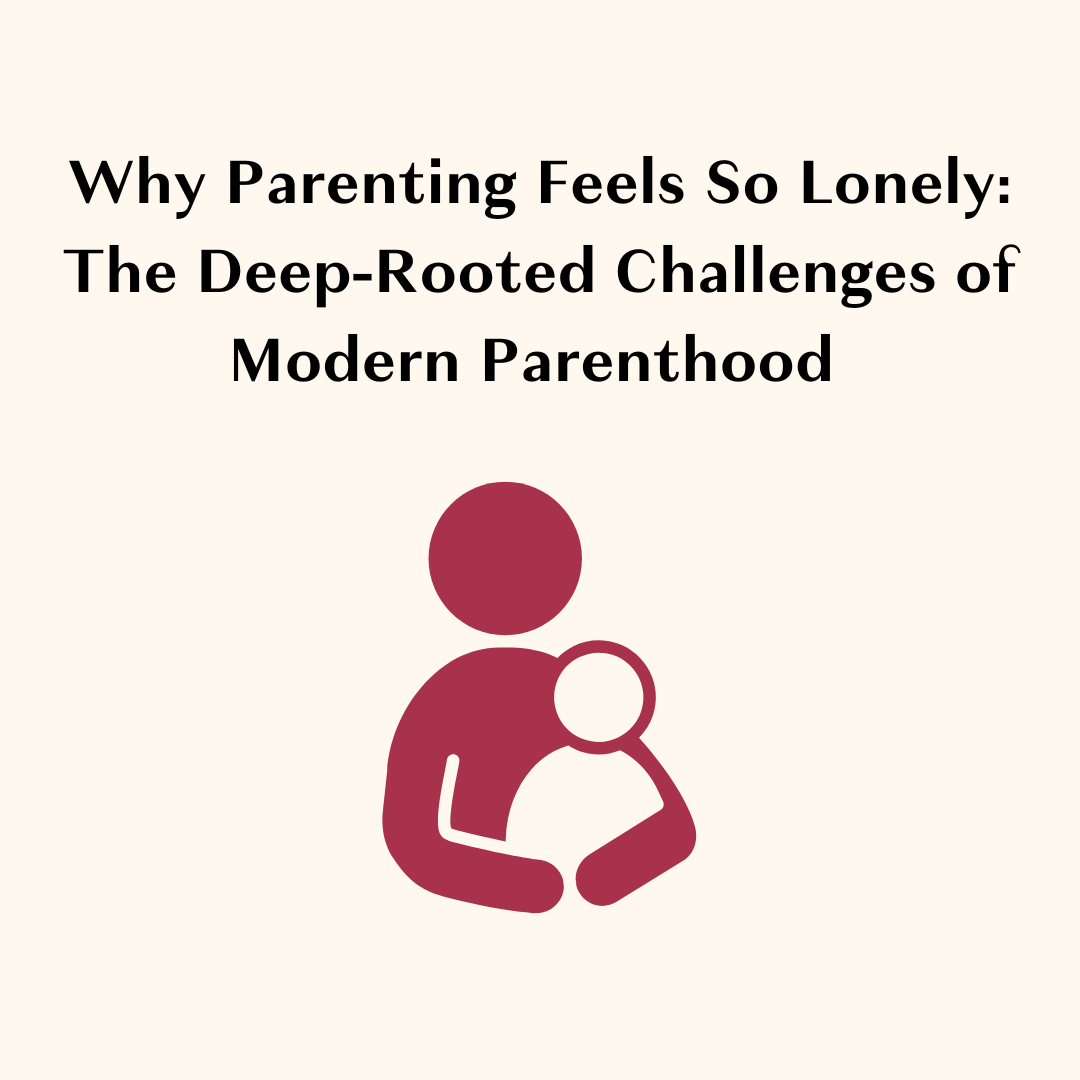
Why Parenting Feels So Lonely: The Deep-Rooted Challenges of Modern Parenthood
Loneliness and isolation are common experiences during the transition to parenthood, with parents reporting some of the highest levels of loneliness in the U.S. Research suggests the root causes of parent loneliness are deeply embedded in society and culture. By understanding these deeper causes, we can more effectively give parents the support they need and deserve.

Social Connectedness 101: Social Connection and Mental Health
Social connections can influence our mental health and emotional wellbeing for better and for worse. The evidence suggests that loneliness and social isolation can increase the risk for depression, anxiety, suicidality, and dementia. But strong social connections can protect against all of these, helping us to lead a happier and healthier life.

Social Connectedness 101: Social Connection and Physical Health
Social connections are vital to our physical health and longevity. Research shows that loneliness and social isolation can increase the risk for disease, illness, and mortality. But supportive social relationships can buffer against these risks and help us live healthier and longer lives.

The Evolution of Social Connection as a Basic Human Need
Humans have evolved the basic need for social connection because it is vital to our survival. This need is rooted deep within us biologically. And we have even developed an evolutionary warning signal that tells us when our need for connection is not met.

The Importance of Social Connection in Infancy
Social connections go far beyond buffering against loneliness, also serving as conduits of healthy development even in infancy. In the earliest weeks and months of life, supportive social connections set the stage for healthy social, emotional, and physical development.

Building Social Connections through Literacy: Social Creatures partners with NABU to launch “NABU Learning Labs”
Social Creatures has teamed up with NABU to create “NABU Learning Labs,” a collaborative research initiative aimed at producing data-driven growth of NABU’s on-the-ground practices, while also producing more inclusive, equitable, and actionable research on the science of learning and social connection as it pertains to literacy development. Via the initiative’s “multiplying impact” model, Social Creatures and NABU are working together to co-produce, implement, and disseminate knowledge that maximizes the impact of research, policy, and practice in an equitable and inclusive way.

Helping Kids EASE Back into In-Person Schooling
As children and parents prepare for the transition back to in-person schooling this fall, they can rely on the “EASE” acronym to help the adjustment back to full-time social interactions go smoothly.

How to Talk to Your Kids About LGBTQ+ Pride
As Pride month culminates this weekend with a series of LGBTQ celebrations and events, it is the perfect time to talk to your kids about LGBTQ identity and experiences. Discussing gender and identity with your child in an age-appropriate and supportive way can feel daunting, so in our latest article in The Creature Times, we discuss 5 easy steps that parents and caregivers can take to get the conversations flowing.
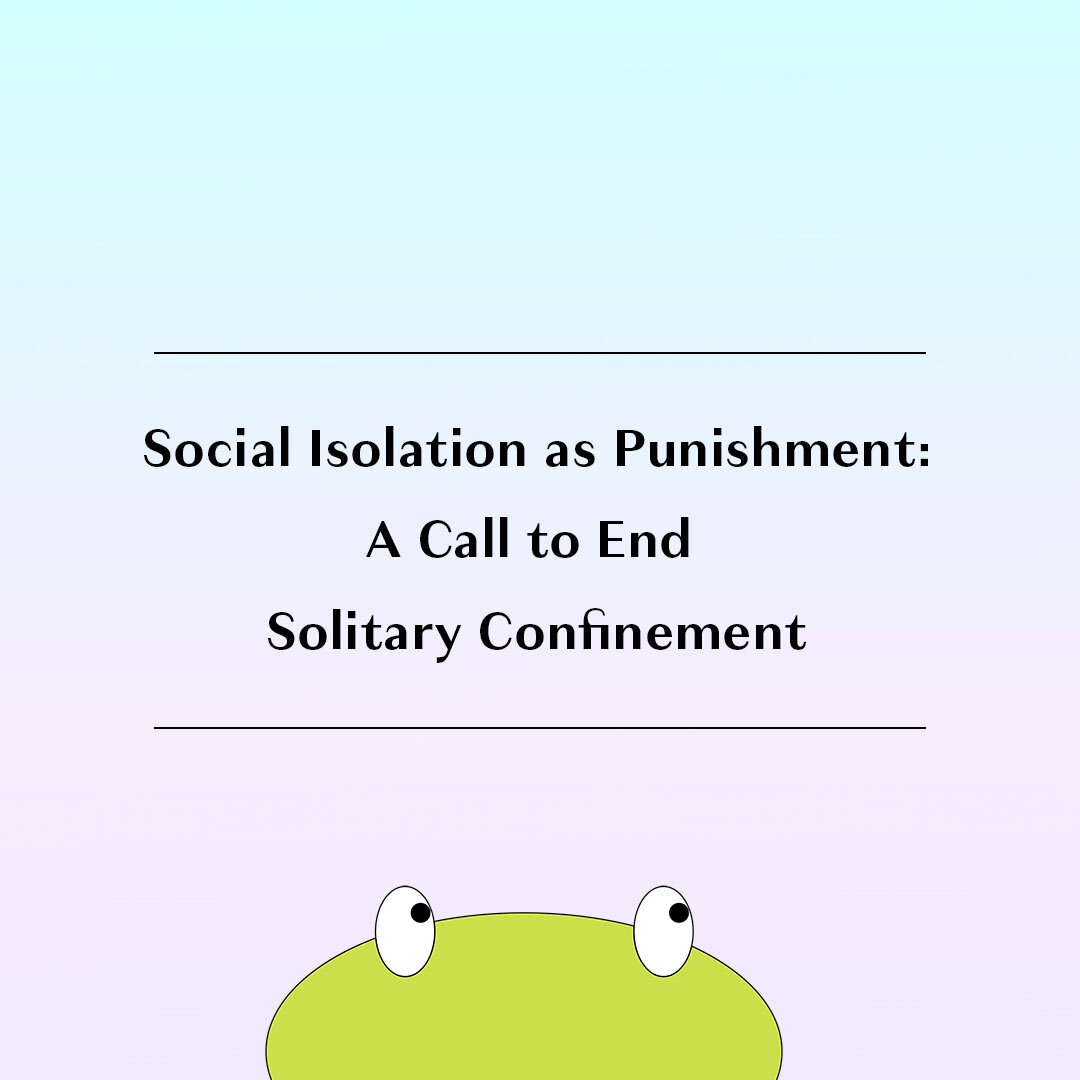
Social Isolation as Punishment: A Call to End Solitary Confinement
Solitary confinement is an extreme and brutal form of social isolation used widely as punishment in prisons. However, research shows that the practice is not only ineffective, but also has severe mental and physical health consequences. It is time we end this inhumane practice.

Social Creatures Presents at the National Disability Forum
Last month, at the request of the Social Security Administration of the United States of America, Social Creatures presented at the National Disability Forum. We were asked to discuss the crisis facing children in America as a result of the COVID-19 pandemic.

How the New Child Allowance Nurtures Social Connectedness and Supports Child Development: Reflections From a Developmental Scientist
The new child tax credit expansion won’t just help families financially. It will alleviate significant stress and barriers that come from economic disadvantage, which researchers believe is key to promoting more positive social connections and healthy child brain development.
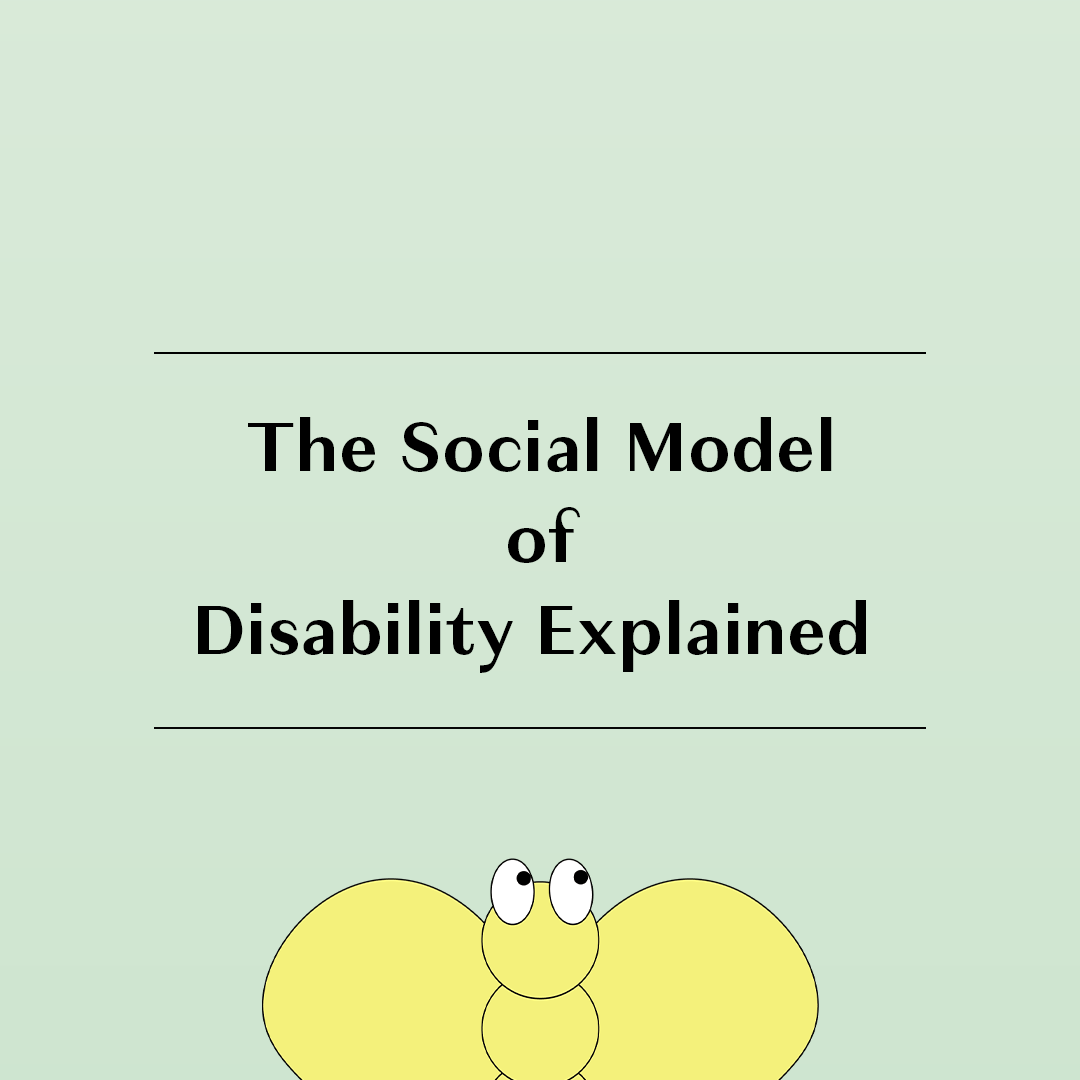
The Social Model of Disability Explained
The social model of disability views the origins of disability as the attitudes and structures of society, rather than a medical condition faced by an individual.
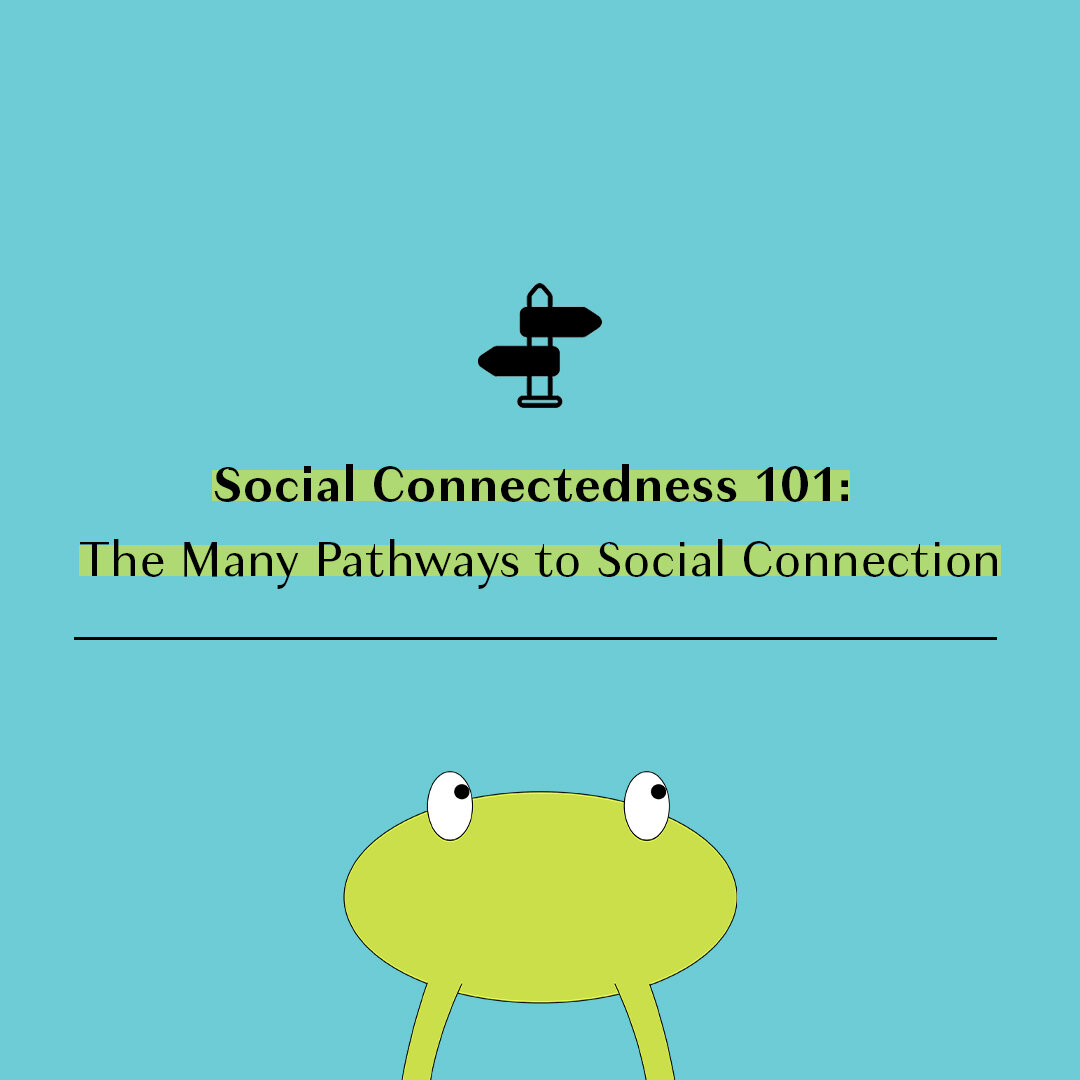
Social Connectedness 101: The Many Pathways to Social Connection
In the first installment of this Social Connectedness 101 series, we defined “social connectedness” and introduced its importance for our health and well-being…
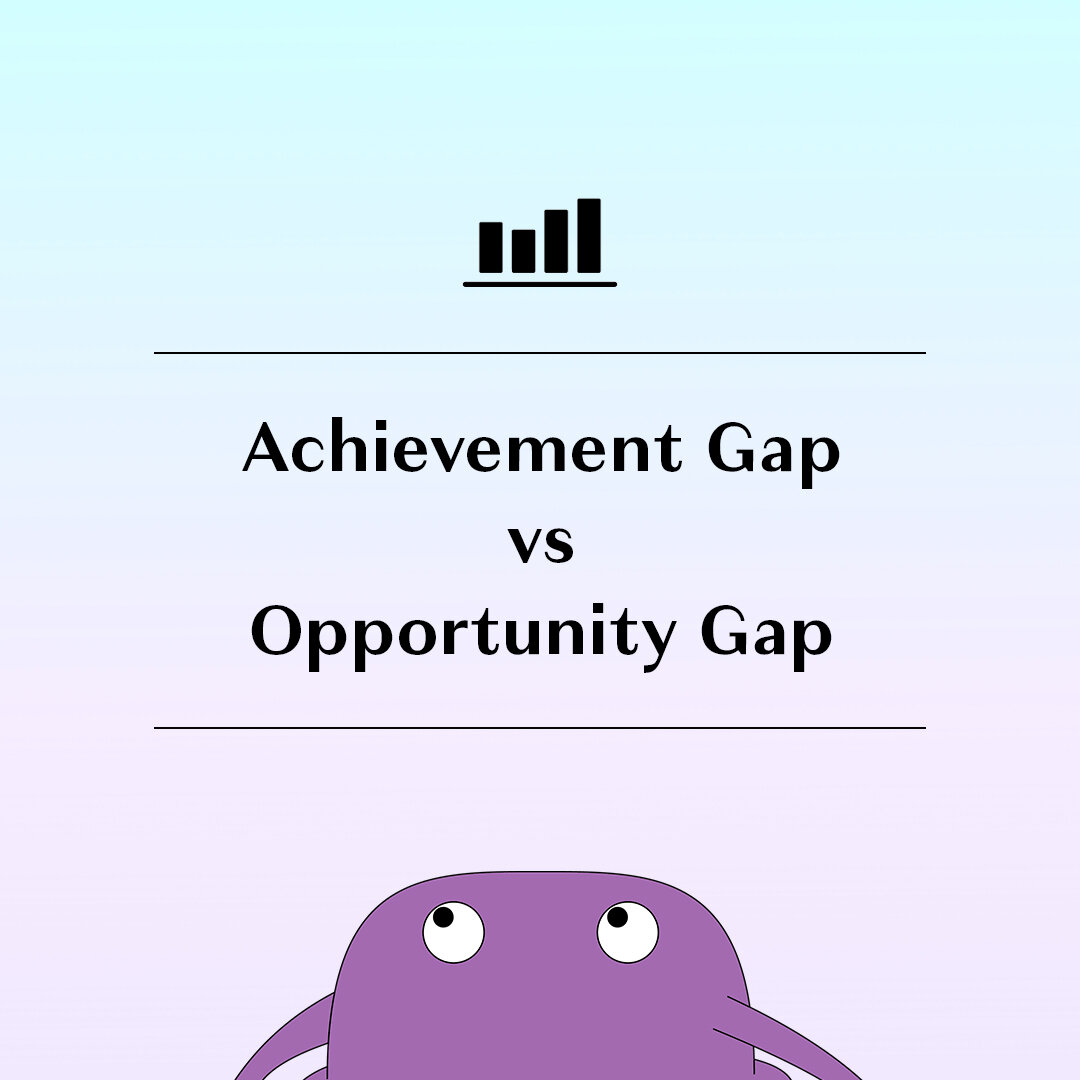
Why I Am No Longer Using the Phrase “Achievement Gap”: Perspective from an Educator and Developmental Psychologist
The COVID-19 pandemic has produced an education crisis of unparalleled scale. Nationwide school closures have impacted nearly 60 million students in the U.S., spurring widespread concern over the impacts on children’s academic growth…

Supporting Mental Health through Social Connection
While we spend much of our lives learning about the importance of maintaining good physical health, there is far less public education on the many ways that we can look after our mental health…
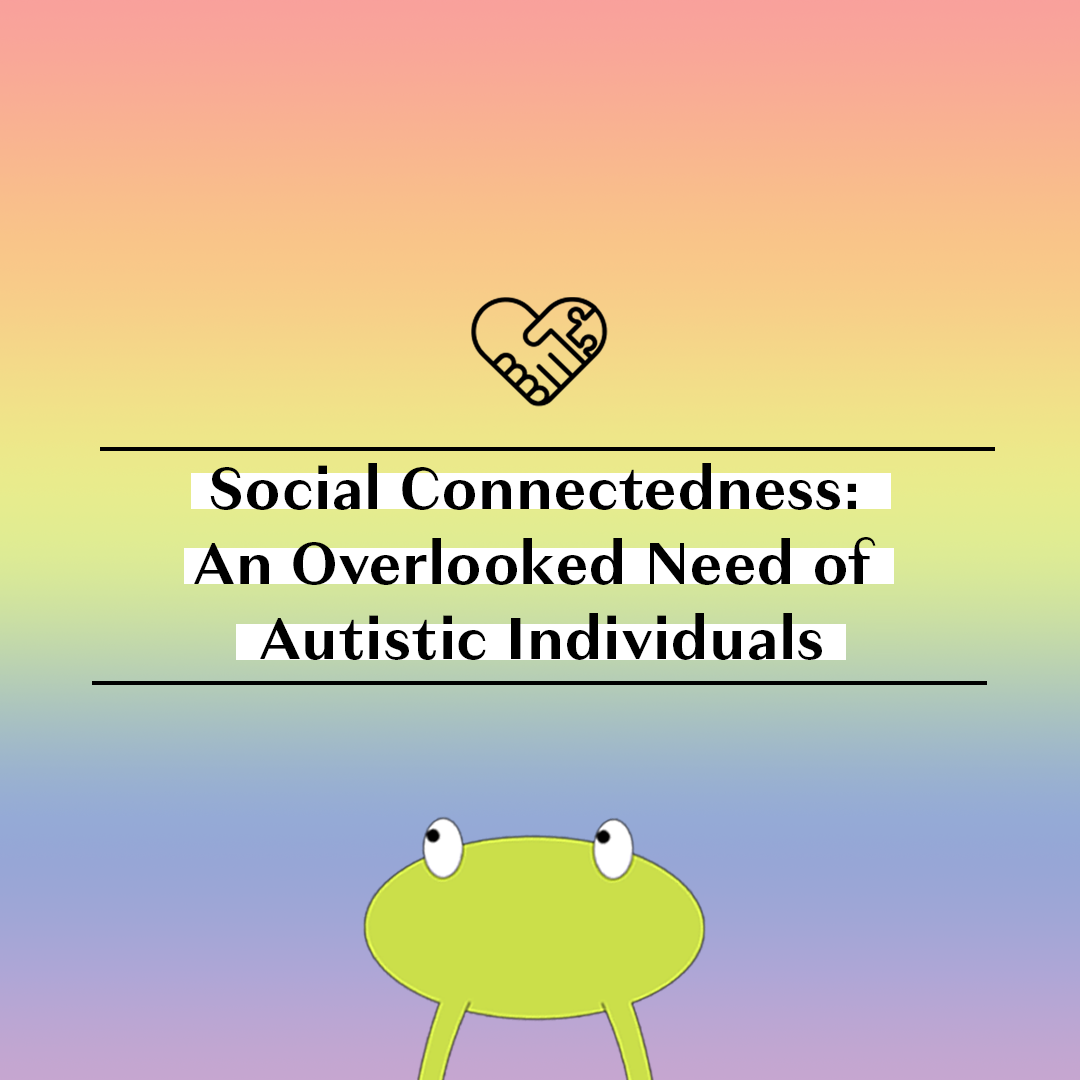
Social Connectedness: An Overlooked Need of Autistic Individuals
The Creatures Times aims to promote awareness of the importance of social connectedness for all individuals. However, we’ve yet to talk about social connectedness through the lens of neurodiversity…

What it Means to Commemorate Disability Pride
This month, at the height of the COVID-19 pandemic in the United States, in the midst of ongoing Black Lives Matter protests against police brutality, and on the heels of LGBTQ Pride Month (which in 2020 marked the 50th annual Pride March), it’s time to bring another important conversation surrounding equity, inclusivity, and accessibility to the forefront…
